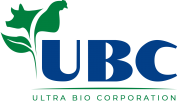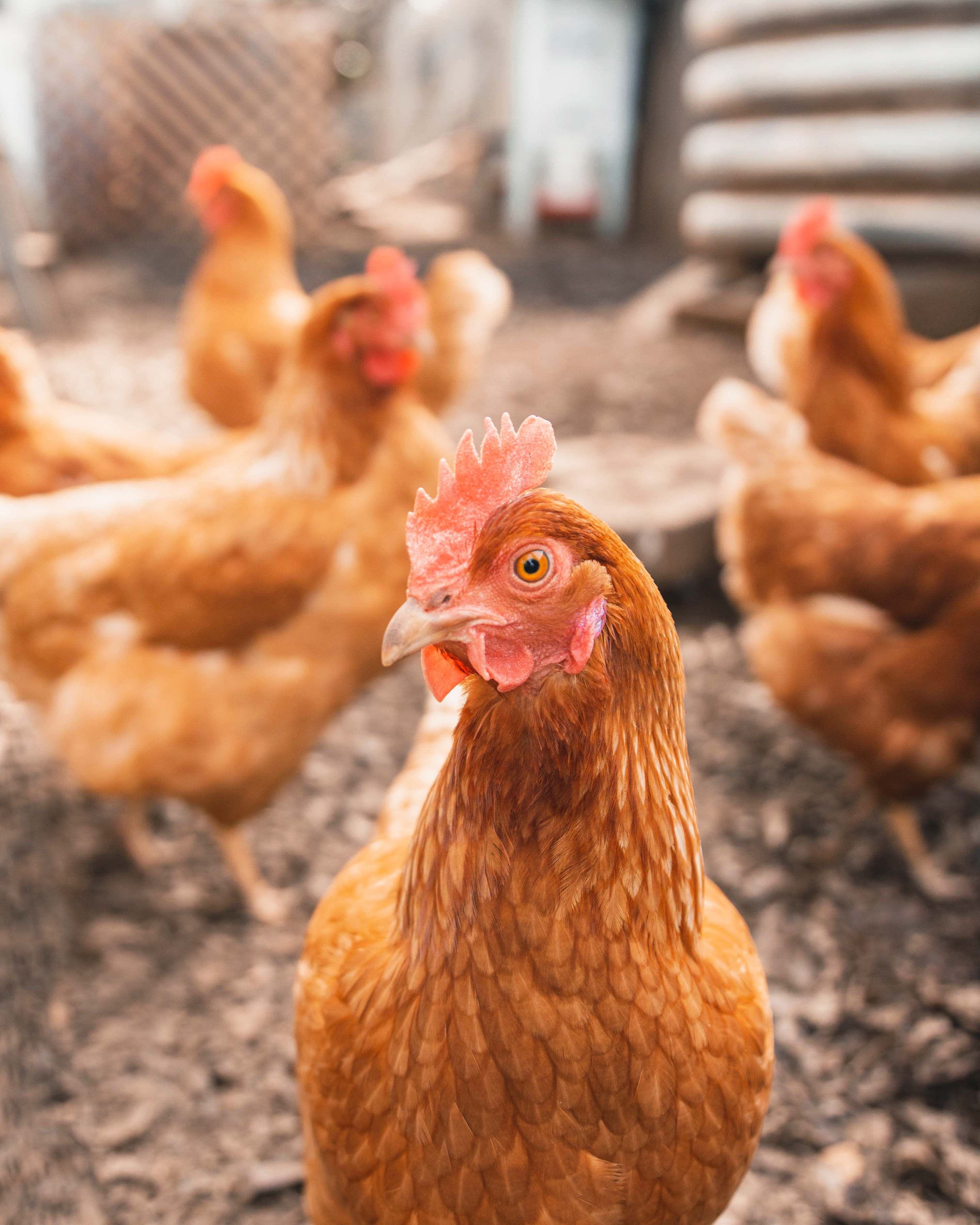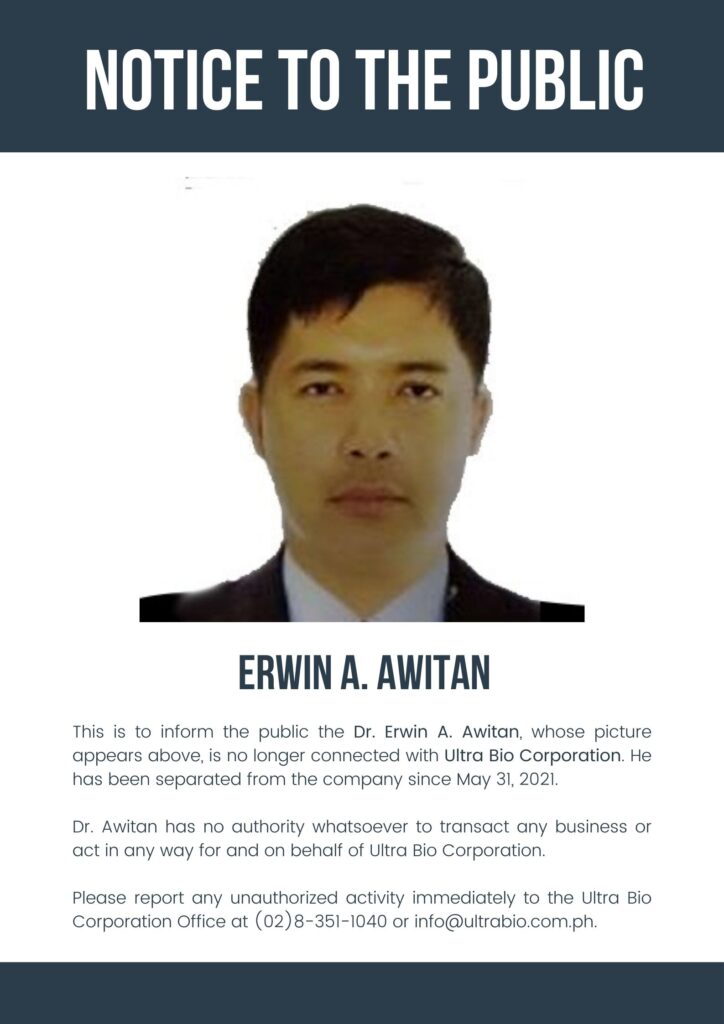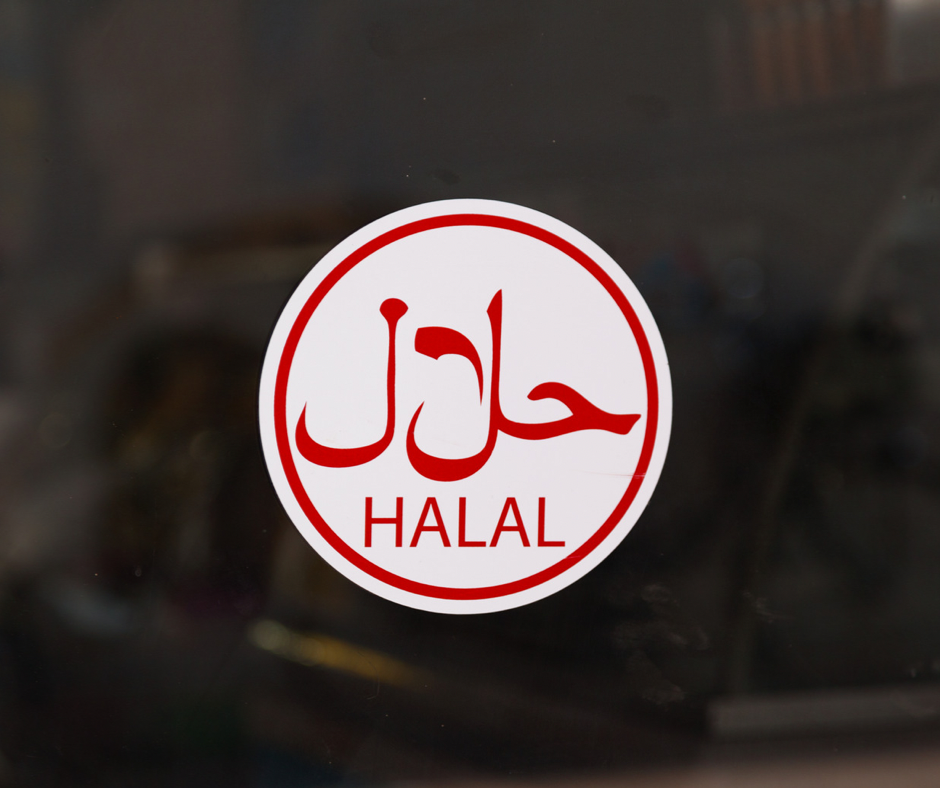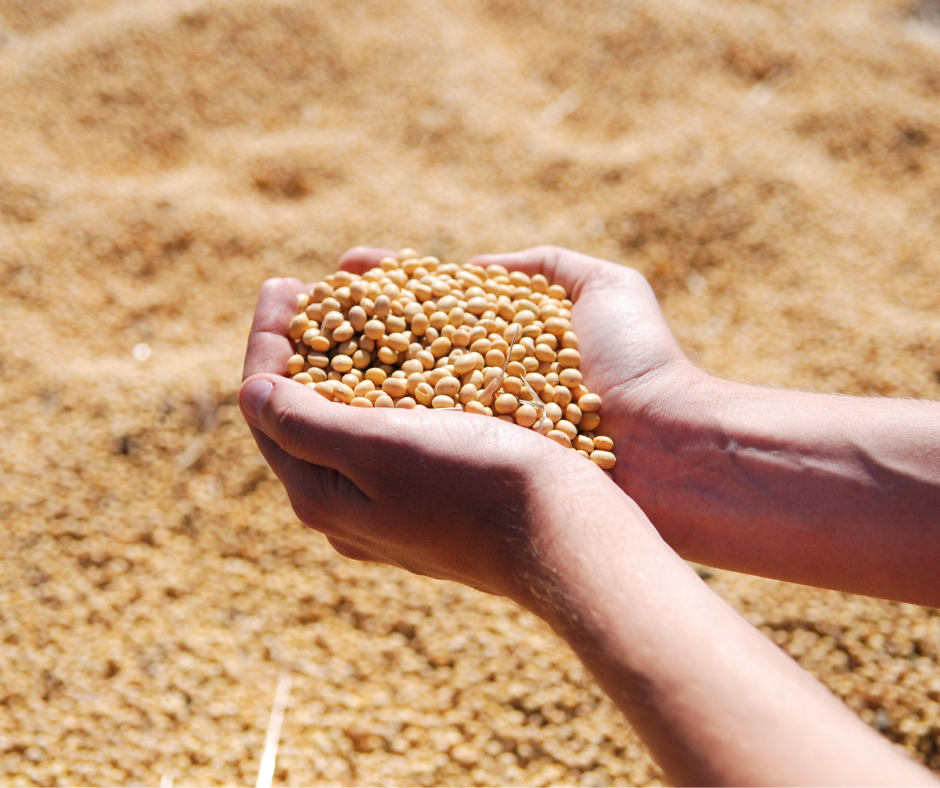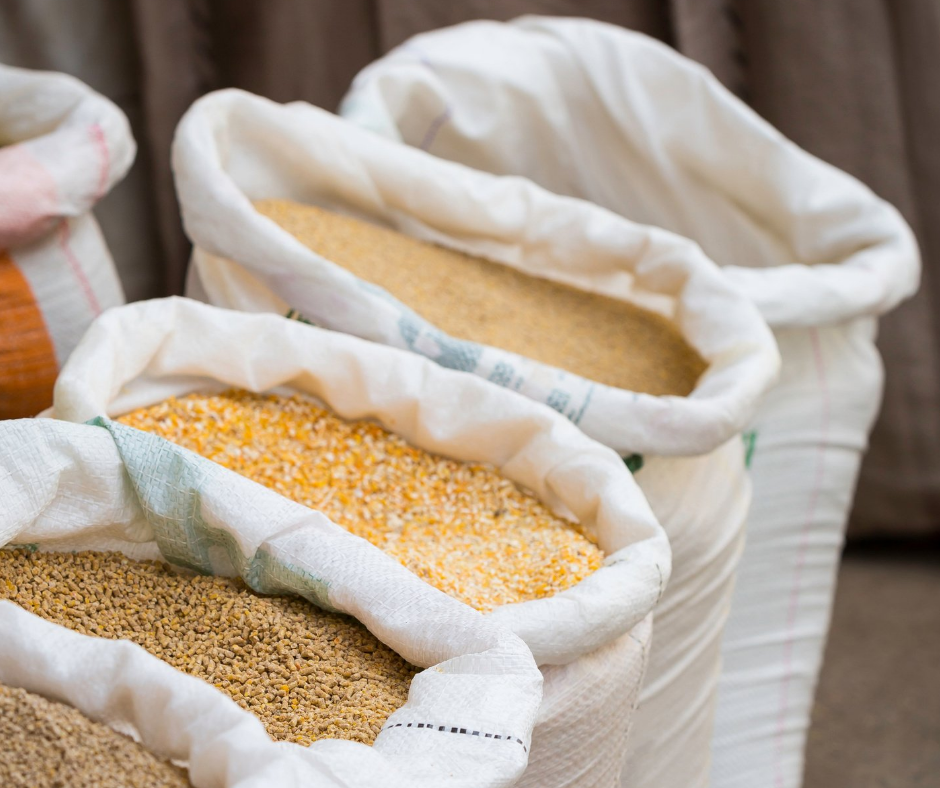Effective mineral nutrition is a critical aspect of optimizing animal health and productivity, particularly in poultry. Understanding the significance of minerals in animal feed is key to achieving maximum performance and maximum revenue.
Minerals play a vital role in various aspects of animal physiology, including enzymatic functions, musculoskeletal development, and egg production in layers that have unique mineral requirements due to the demands of consistent egg-laying.
Calcium stands out as a crucial mineral for hens, serving two primary purposes. Firstly, it ensures the structural integrity of the skeletal system, supporting the overall health and well-being of the birds. Secondly, calcium provides the essential building blocks for producing strong eggshells. Inadequate calcium levels not only result in weaker eggshells but also lead to the leaching of calcium from the hen’s bones to compensate for the eggshell formation, ultimately weakening the bird’s skeletal structure. However, simply increasing the calcium content isn’t the answer.
In addition to calcium, phosphorus plays a crucial role in maintaining optimal animal health. It is essential for cellular function, playing a significant role in energy metabolism, nutrient utilization, and various physiological processes. Adequate phosphorus intake is particularly important for eggshell formation in laying hens, ensuring the production of structurally sound and healthy eggs.
Another mineral of utmost importance is zinc. Apart from its involvement in general animal health, zinc plays a pivotal role in converting raw calcium into a usable form within the animal’s body. It is also a key component of the eggshell membrane, contributing to its strength and integrity. Ensuring adequate zinc levels in the feed promotes proper eggshell development and overall reproductive performance in laying hens.
Insufficient mineral intake in layers, including phosphorus and zinc, can lead to various symptoms, such as thin eggshells, misshapen eggs, and missing or cracked eggshells, all of which contribute to reduced production and potential revenue loss.
While increasing mineral content in the feed seems like a straightforward solution, it is important to recognize that raw minerals may not be easily absorbed and utilized by the animal’s body. Merely supplementing the feed with minerals might not effectively address the deficiency. This can result in mineral wastage, persisting mineral deficiency symptoms, and potential imbalances. From a financial perspective, the low bioavailability of certain mineral additives may require higher doses, leading to increased costs and the risk of mineral toxicity. Unabsorbed minerals can also pass through the animal’s system, posing environmental pollution concerns.
When managing mineral deficiencies in animals, particularly mineral-sensitive layers, it is essential to go beyond simply tracking the mineral quantities in the feed. Consideration must be given to the bioavailability of minerals, ensuring their effective utilization by the animals for optimal health and performance.
